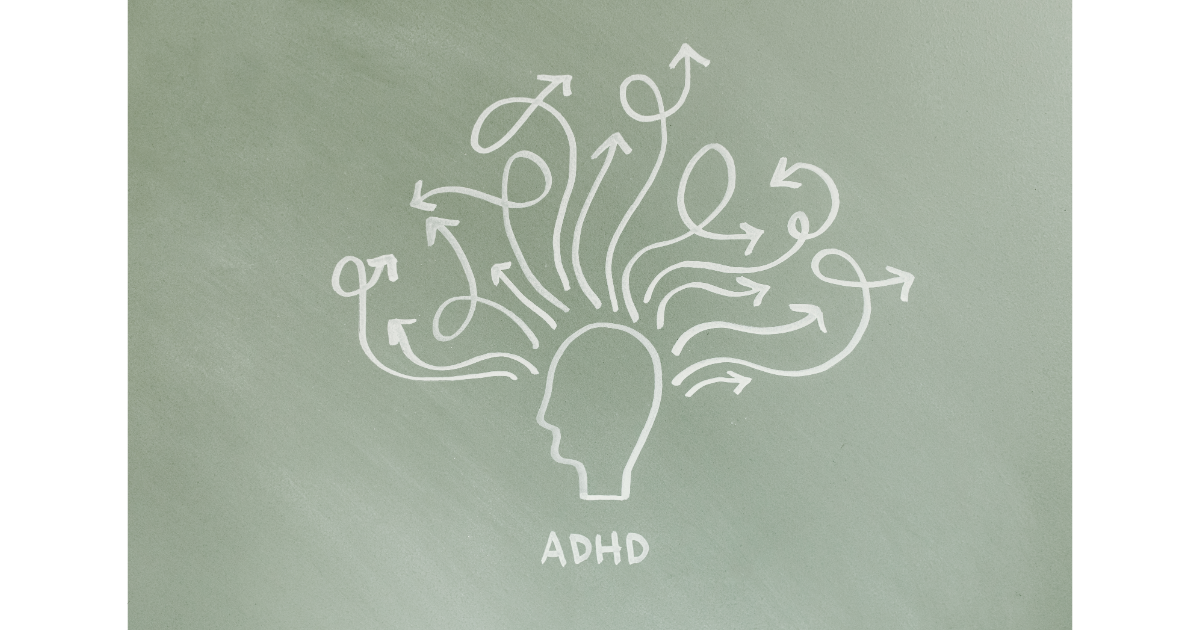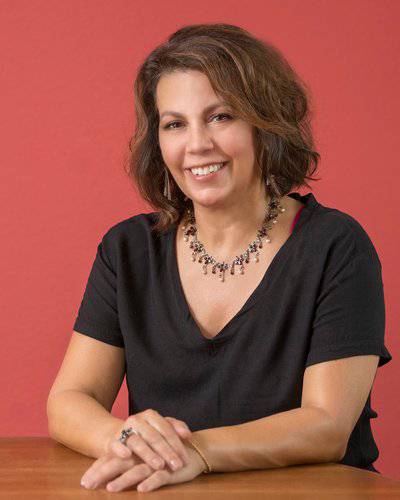Does my child have ADHD? Do I have ADHD?
ADHD, a neurological type, has both positive attributes and challenges. Some positive qualities include hyperfocus when doing an activity of interest, resiliency, creativity, conversational skills, spontaneity, and abundant energy. In this light, attention is not actually a deficit but, perhaps is open to a broader range of stimuli. When allowed the appropriate environment these people have interesting and valuable perspectives and perhaps observe and synthesize input differently than those without this neurological profile. Many people view these benefits as “superpowers” because those with ADHD can hone them to their advantage.
In the traditional school and work environment that perhaps does not understand these attributes often results in problems with concentration, hyperactivity, or both. Trouble in school, problems at work, physical restlessness, mood swings, and frequent feelings of frustration can all be signs of ADHD in children and adults.
Adult ADHD can result in reckless behavior (traffic tickets, accidents, etc.), problems in relationships, trouble organizing things like paying bills or missing appointments, losing belongings, not being a “good listener,” or anger management issues.
According to current conventional medical thought, ADHD is considered a psychiatric condition; a product of a perceived chemical imbalance in the brain relative to those without this condition. ADHD in children is associated with behavioral problems that make it difficult to excel in traditional schools. Adults with ADHD may have trouble finding success in their daily work and lives. For these reasons, people will consider getting medical treatment for ADHD. As with most psychiatric issues, treatment tends to focus on a combination of behavioral counseling and pharmacological intervention. Medications used to treat ADHD in both children and adults are often stimulants that are thought to help boost attention span and a person’s ability to focus. Acupuncture and TCM herbs can be used as an adjunct therapy or an alternative to medical treatment with drugs for ADHD in both children and adults.
I hope that I can help you or your child balance and understand these incredible energies. I also hope that we as a culture can adapt, allow and modify our schools, workplaces and relationships to allow our culture to better align with these gifted individuals. Thus, they would have a breathing space to be authentically themselves rather than try to fit into the expectations of a more conventional system.


